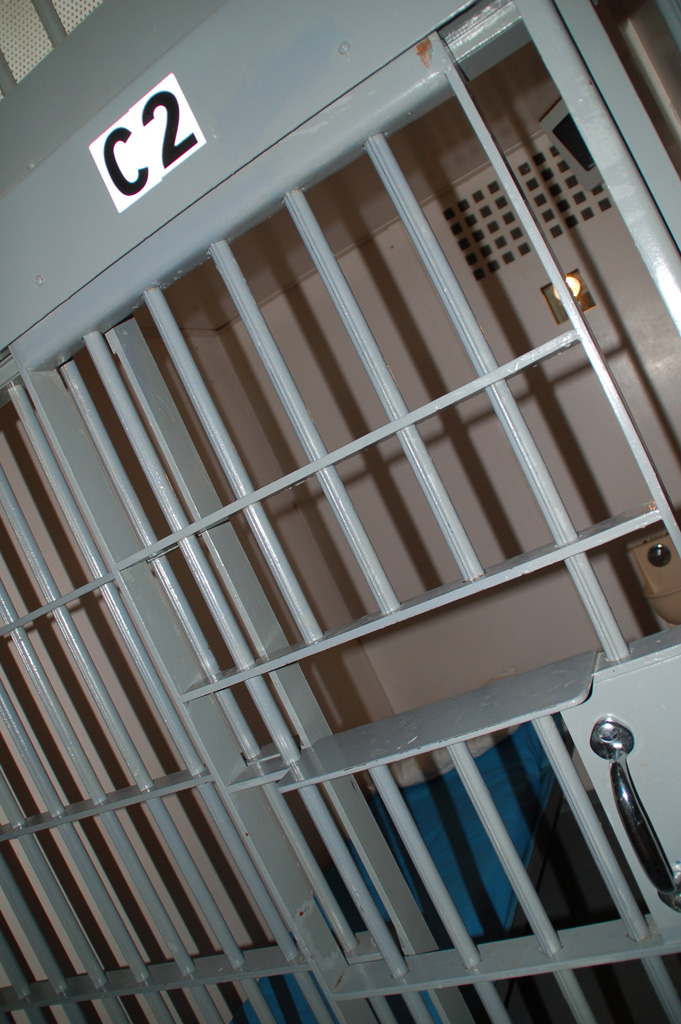Every week, State of Elections brings you the latest news in state election law.
– Winter break at William and Mary is over, and State of Elections is excited to return to a full time posting schedule. New articles will be posted every Monday, Wednesday, and Friday, beginning on January 11th.
– Senator Chris Dodd has announced he will not seek reelection in 2010. During his time in the Senate, Dodd proposed some sweeping changes to voter registration laws. Take a look at S. 17, Dodd’s proposed “Voting Opportunity and Technology Enhancement Rights Act of 2005”. If it had been passed, S. 17 would have required states to allow voters to register on election day, and also would have enabled voters to register electronically via the Internet.
– The 9th Circuit Court of Appeals has ruled that the disenfranchisement of felons violates the federal Voting Rights Act. According to the court, the criminal justice system is so “infected” with racism that limiting the right of felons to vote is contrary to the Act’s prohibition against the denial of voting rights on account of race. The court’s opinion can be read in full here.
– The Rhode Island Senate and House has enacted legislation allowing 16 and 17 year olds to “pre-register” to vote. Those that pre-register will be automatically added to the voter rolls will they turn 18. The bill had been previously vetoed by Rhode Island Governor Donald Carcieri, but the veto was overridden by the legislature. For more information on pre-registration, see FairVote.org’s fact sheet.
 historical tradition of voting restrictions against felons, dating to well before the Constitution was ratified. Section 2 of the 14th Amendment explicitly acknowledges the practice of criminal disenfranchisement (and, to a degree, endorses it by not penalizing states during Congressional reapportionment for denying the franchise to those guilty of “participation in rebellion, or other crime”).
historical tradition of voting restrictions against felons, dating to well before the Constitution was ratified. Section 2 of the 14th Amendment explicitly acknowledges the practice of criminal disenfranchisement (and, to a degree, endorses it by not penalizing states during Congressional reapportionment for denying the franchise to those guilty of “participation in rebellion, or other crime”).